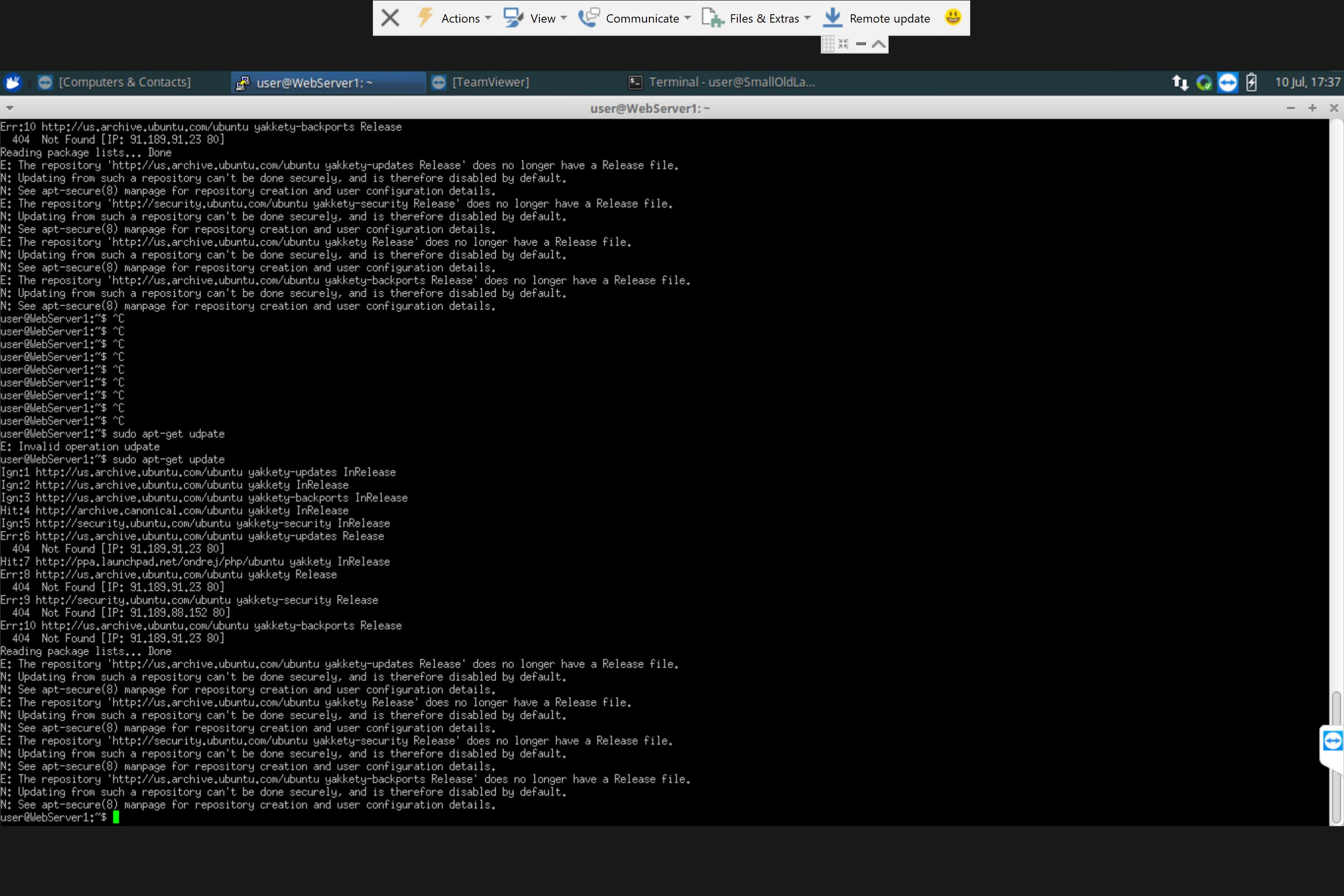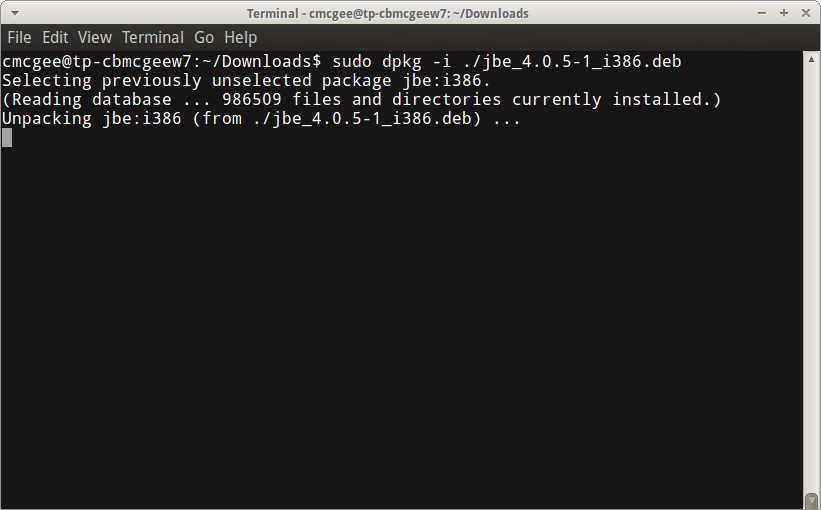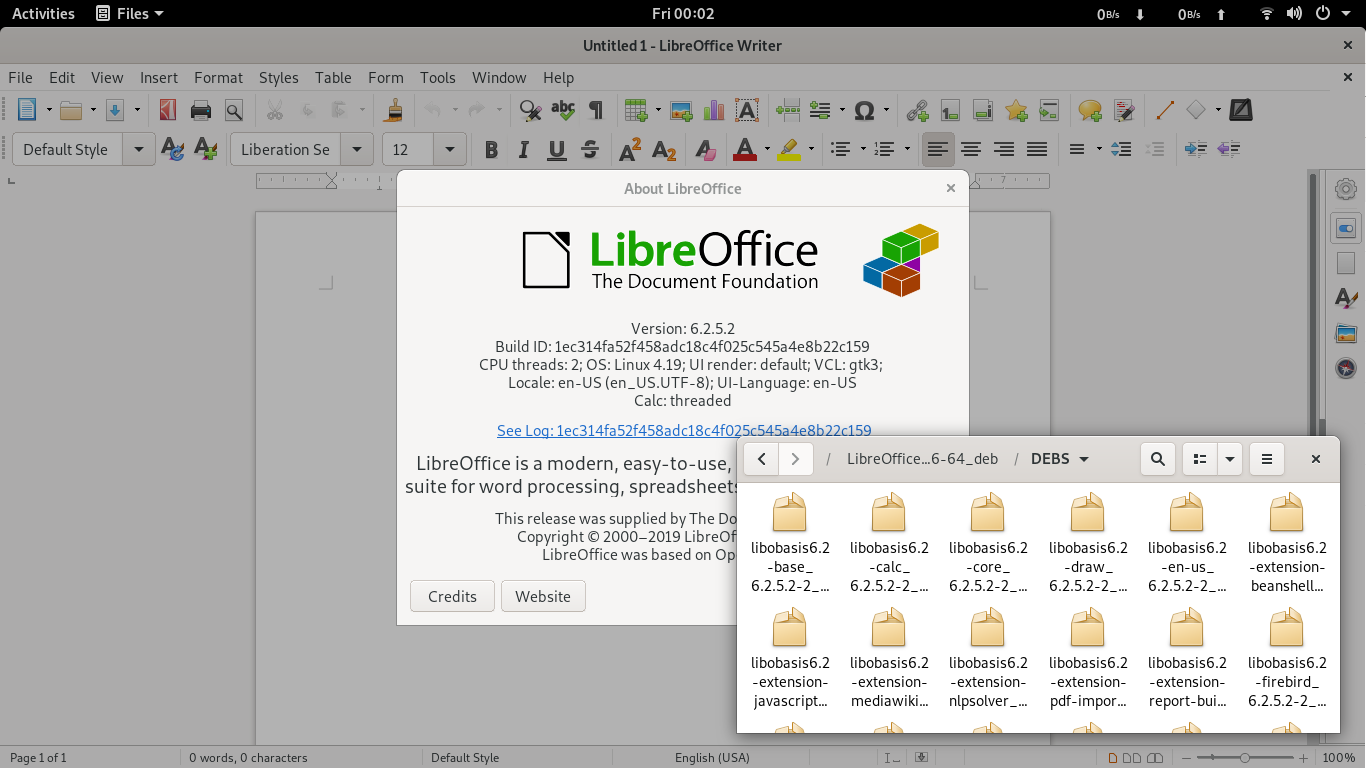

deb sources) apt-get install somefile (install the package and any dependencies) apt-get remove somefile (uninstall the package, leave directories intact) apt-get purge somefile (uninstall the package and all directories) apt-get autoremove removes packages that were installed by other packages and are no longer needed. Basic commands: apt-get update (look for.Remember just as in Windows, make sure you can trust the. Internet is usually required for how to configure the latest repositories. You can add your own *.repo file directories in the same format and import gpg keys using the rpm –import command to insure integrity of the site.Files containing these locations are listed in /etc/apt/sources.list this list can be updated using the apt-get update command. apt-get is setup to work off of Internet "repositories" on the Internet.

It has the advantage of seeking the most recent updates on the Internet (if desired) and resolving most dependencies automatically.



 0 kommentar(er)
0 kommentar(er)
